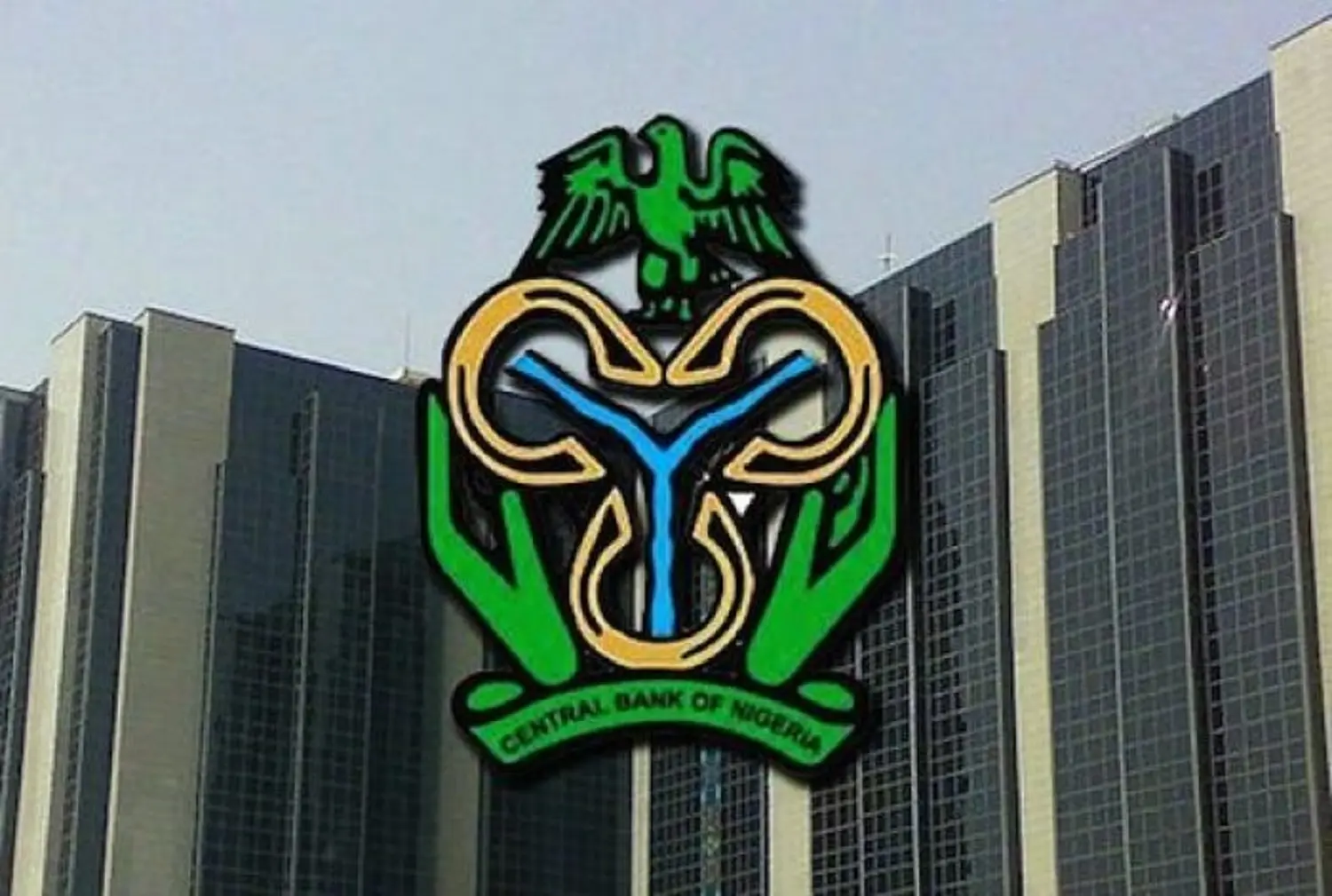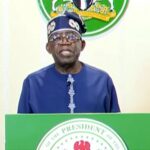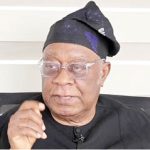The Central Bank of Nigeria (CBN) recently warned of a persistence of currency scarcity across the country, following the depletion of the bank notes in the country’s bank vaults. According to the apex bank, as at October 2024, out of N4.55 trillion currency in circulation, as much as N4.29 trillion or 94.2% was outside the, vaults of Nigerian banks as what bankers call ’Currency Outside Banks’ (COB). This means that the preponderant portion of the currency notes in circulation are outside the banking system, and are ostensibly stashed away in various other locations such as offices of government officials, private home cabinets and safes, emergency holes in remote locations and likely in soak-away pits as well as graves, courtesy of recent experiences. Meanwhile, a saving grace remains the proliferation of POS operators who provide intermediary services to save the situation from dropping to an apocalyptic level.
Among the debilitating implications is the incidence of a more than mere snubbing of the banks by Nigerians. Banks provide a most critical function of driving the exchange and payment system in any economy, including Nigeria’s. And currency is both their working tool as well as lifeblood of their operations. Hence denying them access to and utility of currency constitutes not just a threat to their operations, but also cripples the health of the economy.
Another significant implication of the situation is the impairment of government capacity to implement monetary policy, which is driven primarily by the quantum of currency in the banks. This means that the capacity of the Bola Tinubu administration with respect to driving monetary policy initiatives is technically compromised. Government’s powers over the economy are exercised through fiscal and monetary policies. Fiscal policy deals with the administration of government revenue and expenditure, while the monetary policy runs on administering the money in circulation through which it conditions the economy with respect to controlling inflation and promoting price stability.
Among causes of this situation are those inherited by the Tinubu administration as well as others created wittingly or otherwise by it. Historically, the syndrome of escalating COB actually preceded the administration, courtesy of the complement of indulgences by a complement of actors. In the first place the Nigerian economy remains driven by the informal sector where dependence on physical cash, especially in locations that are far from urban areas, is the order of the day. The foregoing condition accentuates the reality of manifest difficulties in using the banks by the ordinary citizen.
Third is the playout of money politics, whereby politicians deploy the lure of money to woo voters during polling exercises. If nothing else the recent October 2022 mis-managed currency redesign exercise by the CBN under the administration of Muhamadu Buhari, which was aimed at stemming money politics, is a case in point with respect to how electoral exercises affect the currency situation in the country.
Yet another factor is the issue of inflation whereby plenty money is literally chasing few goods. This aspect accentuates the fundamental weakness of the administration of Bola Tinubu which is amplified by the dearth of local productivity. In the past two years of its coming to office the administration has deployed less enterprise on boosting local productivity than it has in toeing the proclivities of foreign political agents and interests. The present situation remains a dividend of diminished promotion of local productivity as the rate of growth of domestic productivity trails by far the basic needs of the country. To put it more succinctly, until the administration changes and moves away from its fixation on much -vaunted foreign ‘destiny helpers’, only then can its mission of renewing hope of Nigerians in the country be realised. And such a dispensation shall only be actualised by encouraging domestic productivity whereby the huge funds outside the banking sector shall be ploughed into local productive ventures with competitive returns on investments.
It is therefore advised for the administration to redirect its focus on local production for as circumstances dictate, the future of the country depends preponderantly of the boosting of the idle resources of the country starting with a recall to the famous slogan of the immediate past administration of President Muhamadu Buhari that, “We must grow what we eat and eat what we grow”.
While the former President was in office and chanted this slogan, many Nigerians did not take him serious given the proclivities of the leading lights of his administration. Yet there was the need to distinguish the messenger from the message.
Against the backdrop of the currency situation, the need remains to return such into the mainstream money cycle, and the most viable means is to attract the deployment of same into viable local investment options. Which other way exists than to make local investments appeal to holders of huge currency reserves that offer them little else beyond psychic relief. For until they offload the stashes of currency in their possession so long shall the COB crisis last.

 Join Daily Trust WhatsApp Community For Quick Access To News and Happenings Around You.
Join Daily Trust WhatsApp Community For Quick Access To News and Happenings Around You.


